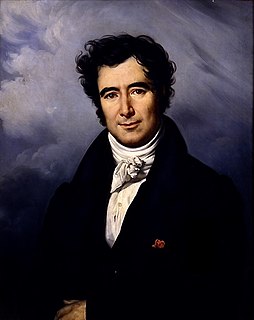A Quote by William Ellery Channing
Science and art may invent splendid modes of illuminating the apartments of the opulent; but these are all poor and worthless compared with the common light which the sun sends into all our windows, which he pours freely, impartially over hill and valley, which kindles daily the eastern and western sky; and so the common lights of reason, and conscience, and love, are of more worth and dignity than the rare endowments which give celebrity to a few.
Related Quotes
There will be natural propriety in using an eastern light for bedrooms and libraries, a western light in winter for baths and winter apartments, and a northern light for picture galleries and other places in which a steady light is needed; for that quarter of the sky grows neither light nor dark with the course of the sun, but remains steady and unshifting all day long.
A time will come when the science of destruction shall bend before the arts of peace; when the genius which multiplies our powers, which creates new products, which diffuses comfort and happiness among the great mass of the people, shall occupy in the general estimation of mankind that rank which reason and common sense now assign to it.
Every man, however hopeless his pretensions may appear, has some project by which he hopes to rise to reputation; some art by which he imagines that the attention of the world will be attracted; some quality, good or bad, which discriminates him from the common herd of mortals, and by which others may be persuaded to love, or compelled to fear him.
It is rare to find a man who believes in his own thoughts or speaks that which he is created to say. As nothing astonishes men so much as common sense and plain dealing, so nothing is more rare in any man than an act of his own...feel yourself, and be not daunted by things...The light by which we see this world comes out from the soul of the observer.
Madness is consistent; which is more than can be said for poor reason. Whatever may be the ruling passion at the time continues equally so throughout the whole delirium, though it should last for life. Madmen are always constant in love; which no man in his senses ever was. Our passions and principles are steady in frenzy; but begin to shift and waver, as we return to reason.
I wanted to walk straight on through the red grass and over the edge of the world, which could not be very far away. The light and air abot me told me that the world ended here: only the ground and sun and sky were left, and if one went a little farther there would only be sun and sky, and one would float off into them, like the tawny hawks which sailed over our heads making slow shadows on the grass.
It is impossible for us, who live in the latter ages of the world, to make observations in criticism, morality, or in any art or science, which have not been touched upon by others. We have little else left us but to represent the common sense of mankind in more strong, more beautiful, or more uncommon lights.



































